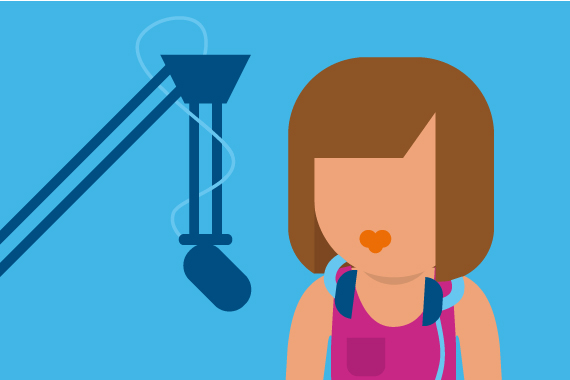Reaching out when you’re struggling
It can feel overwhelming and difficult to reach out for support. Sometimes you can plan out the exact way you would tell someone you are struggling, yet feel that you can’t say it out loud. It may sometimes be easier to write down how you feel and then read it out loud to a friend, family member or a trusted adult. Or maybe send it as a message or give it as a letter. It’s completely fine to be anxious; you’re putting yourself in a vulnerable position! And it will feel be worth it to be able to receive help.
It’s understandable to struggle to reach out, there’s lots of scary thoughts such as of being judged, not being taken seriously, or even being laughed at. But your problems are always valid and deserve to be heard, no matter how “small” they may feel. Other barriers include a lack of support, maybe you don’t have friends that would really understand, or your family members that don’t like to talk about emotions. But please don’t feel discouraged, there’s lots of resources you can access!
Getting help
- Go to “Getting Help” on MindMate which has lots of resources for help in Leeds.
- To find help outside office hours and at the weekend go here
- Learn self-care through mindfulness to manage your mental health, watch the personal stories of others who have received help, and read information about mental health.
- Don’t know who best to talk to? Go here for tips on how to start the conversation
Something to consider before speaking with a friend is if they are in a good mindset to hear about your struggles. Your struggles are valid and deserve to be heard! However discussing difficult topics with a friend such as depression, self harm or grief could upset them if they have also experienced these things, or if they are also struggling with their mental health at the moment. You should first ask if they feel okay and would be alright with you talking about a upsetting topic. A simple ‘is it okay if I vent to you?’ would be great and show your friend you care. Your friends care about you and will want to support you, but may not be equipped to help you with your mental health, which might cause them a lot of stress, or make them feel under pressure to act like a therapist.

“Knowing how and where to get support with mental health or wellbeing if you need it” Children and young people in Leeds voted this as one of the 12 most important issues right now
Friends that are caring and supportive are great, and hanging out with friends can lift our low mood or anxiety or even just be a distraction to stresses in life. Let your friends know you’re struggling at the moment and a little extra support would really help, like going on a walk together or engaging in a hobby together. Even if you can’t hang out as often as you would like, you could call or FaceTime each other.
It may be better to speak with a trusted adult, such as a teacher or colleague. If you’re currently in university, take advantage of their mental health resources! I have found speaking with a university counsellor really helpful, as they understand the stresses of university life and moving away from home.


